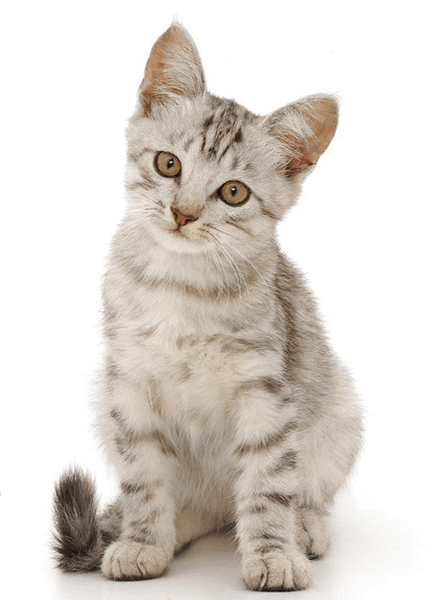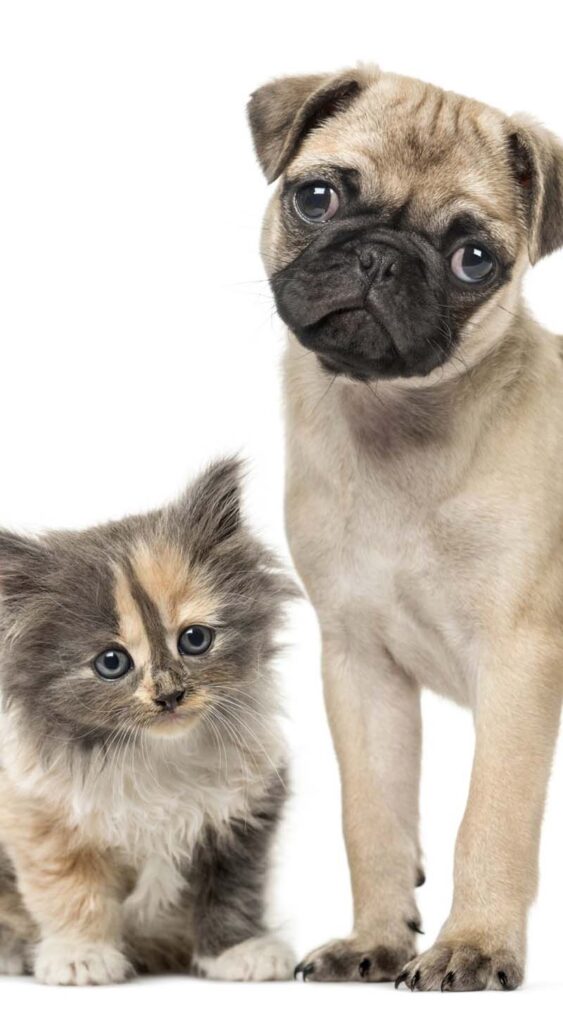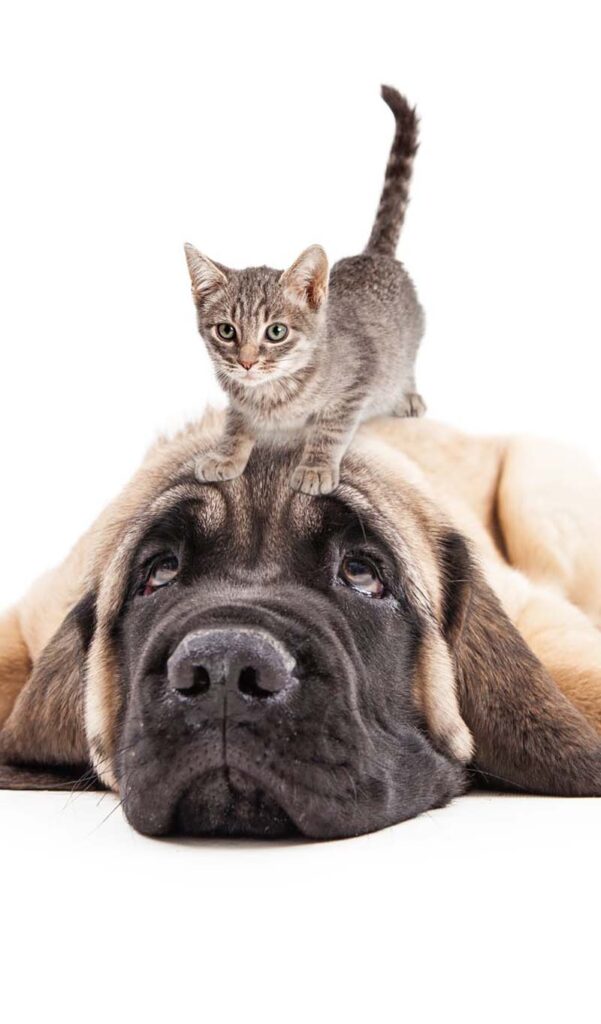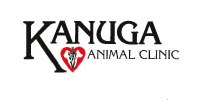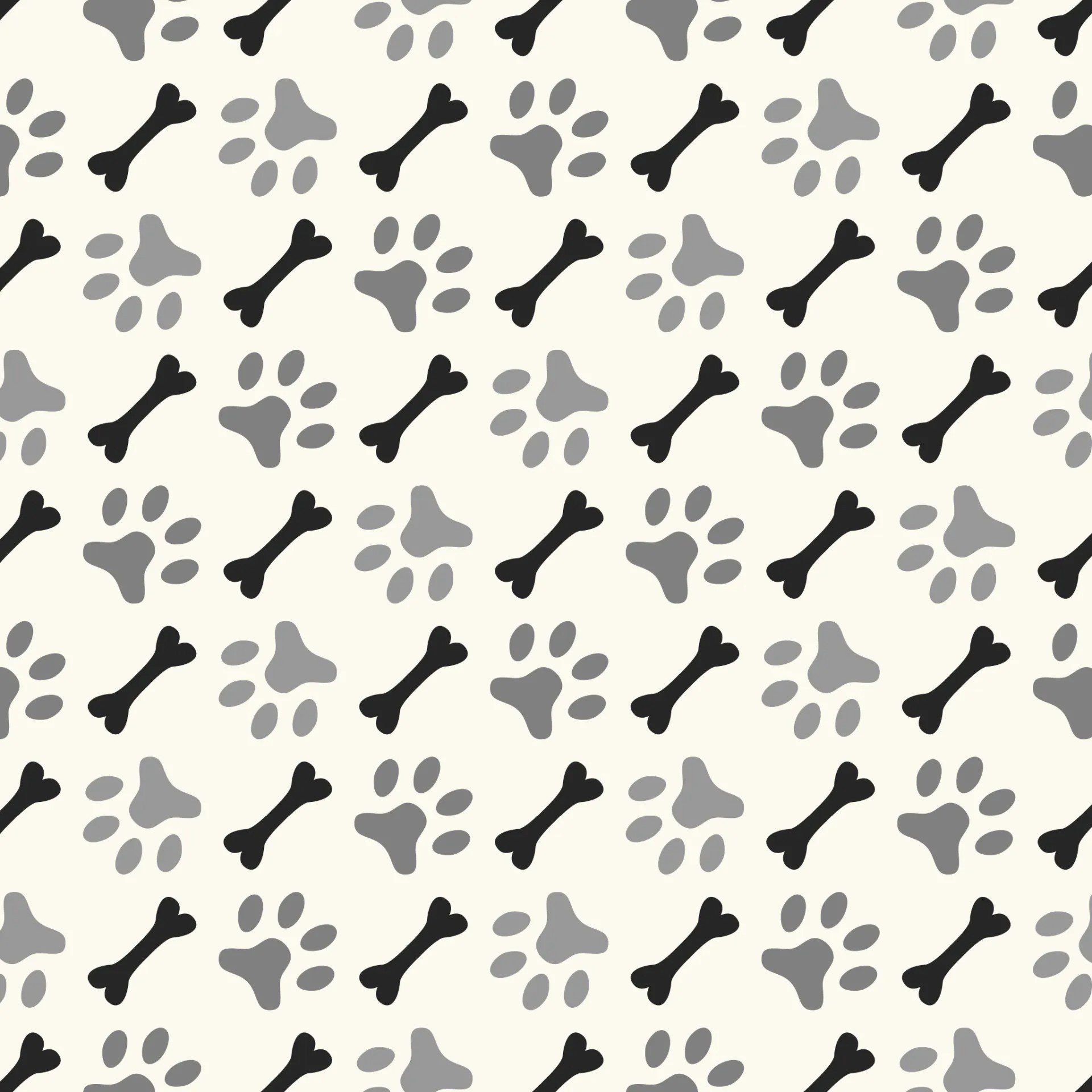Guinea Pig Appreciation Day is July 16th. Of course, your adorable little pet probably won’t be too impressed with a card … unless it’s an edible one. Speaking of food, making sure your tiny pal is getting proper nutrition is very important! A local Flat Rock, NC veterinarian discusses cavy nutrition in this article.
Hay
Hay is a key part to a good cavy diet. Guinea pigs eat lots of roots and plants in the wild, so their digestive tracts need plenty of fiber. Hay also helps prevent dental issues. Make sure your pint-sized pal has plenty of good grass hay, such as Timothy, Orchard, or Meadow hay. Although many cavies love alfalfa, it can cause kidney problems in adults. Only offer if your vet directs you to.
Pellets
These little furballs also need commercial pellets for their breakfasts and dinners. Choose something that’s specifically formulated for Guinea pigs. Most cavies should have a mix of up to 16 percent fiber and 20 percent protein, and shouldn’t have a lot of carbs, sugar, or fat. Ask your vet for specific advice. Finally, pay close attention to portion sizes. Even giving your furry friend a few extra calories a day can cause them to pack on extra weight.
Fruits and Veggies
You’ll want to supplement the hay and pellets with small amounts of fresh produce. Include lots of foods that are high in Vitamin C, which is crucial to cavies. Fruits are a good bet, though there are a few ‘cavy-ats’ here. Limit citrus fruit, as it’s acidic. You also don’t want to go too crazy with fruit in general, as it’s high in sugar. You can offer kiwis, strawberries, blueberries, or bananas. For veggies, options include red and green peppers; leafy greens, such as Swiss chard and dandelion greens; and herbs, like cilantro, thyme, parsley, and oregano. Ask your vet for more information.
Tips
Always research new foods before feeding them to your cavy. Some unsafe foods include chocolate; garlic and onions; potato and tomato leaves; avocado; dairy products; meat; cereals, grains, nuts and seeds; dried beans, corn, and peas; mushrooms; and anything high in fat, sugar, or salt. There are also many things that are safe to offer occasionally, but shouldn’t be given daily. Ask your vet for more information.
Do you have questions about Guinea pig care? Contact us, your Flat Rock, NC pet hospital, anytime!
